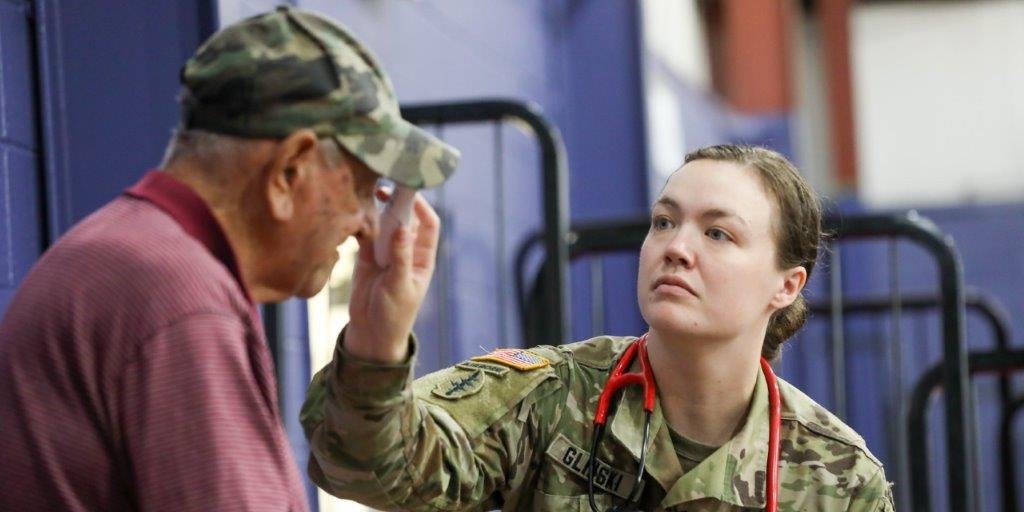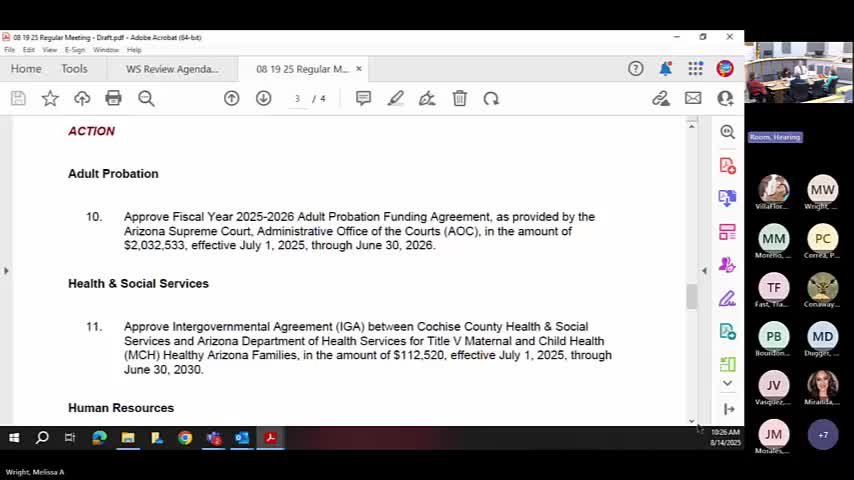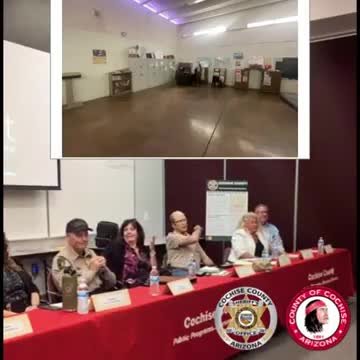Military and Community Collaboration in Healthcare at Mowa Choctaw Reservation
Thomas Hudson serves as the Chief Program Officer for Delta Regional Authorities (DRA), which fosters cooperation between federal and state levels to stimulate economic development in the Lower Mississippi River and Alabama areas. Hudson noted that the partnership’s mission has achieved significant advancements in military readiness and healthcare access for both providers and patients.
“This partnership goes beyond logistics,” Hudson remarked. “It represents a powerful principle: when military preparation integrates with community service, everyone benefits.”
The Mowa band of Choctaw Indians, a recognized Native American group facing ongoing healthcare access issues, is welcoming military teams by opening their facilities.
“We’re extremely excited,” expressed LeBaron Bird, Chief of the Choctaw Indian Mois Band. “I mean, considering everything that’s happening really pumps me up. Just yesterday, we set a record with 274 patients. Honestly, I was up all night thinking about how many lives we’ve touched.”
Sergeant Erin Cuyun, who managed the patient flow for over 200 locals seeking care, was involved in document organization and customer service.
“The gratitude from these patients is heartwarming. It feels good to know the difference we’re making,” Cuyun shared. “We’re truly honored to be part of this.”
Cuyun highlighted that this initiative is not only groundbreaking for the region but also provides soldiers with unique, hands-on experiences beyond their regular roles.
“In our patient management, some team members are even conducting basic vision screenings—tasks that aren’t typical for us. But we’re collaborating and gaining experience together,” she noted.
Captain Penny Cannon, Deputy Program Manager of the Army Reserve’s IRT program, underlined the initiative’s dual benefits.
“IRT offers soldiers practical experience in fields like optometry and veterinary care that are usually underserved. At the same time, we’re addressing community healthcare needs,” Cannon said.
Lt. Col. Vivian Annan, overseeing the IRT mission, mentioned that this current rotation alone has already contributed over 4,000 hours of essential training to military personnel.
From dental care to eye exams and wellness checks, the scope of services is extensive, and the smiling faces of the residents reflect their appreciation.
“Healthy communities are key to driving economic growth,” Hudson stated. “They enhance workforce development and contribute to robust prosperity in the region—precisely the vision of the DRA in collaboration with the federal government.”
Cannon added that the IRT’s Mowa Choctaw Wellness Mission exemplifies how military partnerships can create immediate, tangible benefits while fostering lasting trust within the community.
As stated on its website, the IRT’s mission aims to generate mission-responsive capabilities through military training that renders essential services to communities across the United States.







